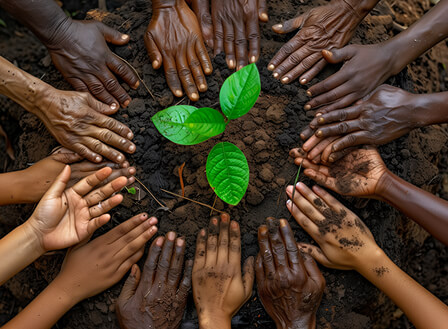1. Soil Moisture & Nutrient Sensors
These devices are placed in the ground to continuously monitor moisture levels and nutrient availability. Farmers no longer need to guess when to water or fertilize — they can make decisions based on live data.
2. IoT Weather Stations
Local weather conditions can greatly impact farming success. IoT-based weather stations provide accurate, hyperlocal updates on rain, wind, humidity, and temperature.
3. GPS-Enabled Drones for Crop Monitoring
Drones equipped with cameras and sensors can scan entire fields, detect diseases, and analyze plant health from above — saving hours of manual labor.
4. Automated Irrigation Systems
Smart irrigation systems can be programmed to water crops based on soil data and weather forecasts. Some even shut off automatically when it rains.
5. Mobile Farm Management Apps
These apps let farmers track crop cycles, set reminders, view analytics, and even sell products online — all from a smartphone.



.webp)
.webp)


.webp)

.svg)
.webp)
.webp)

.svg)



